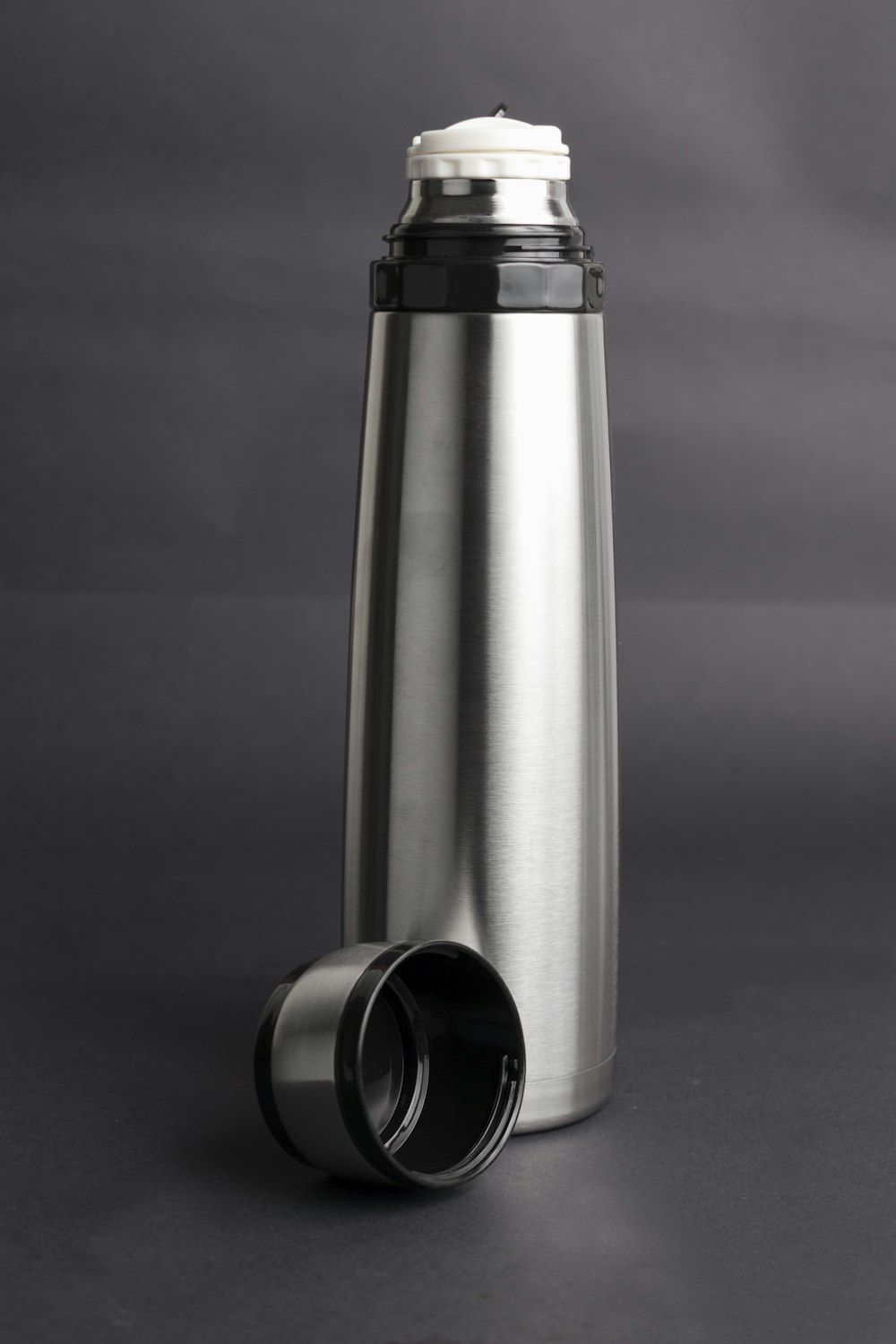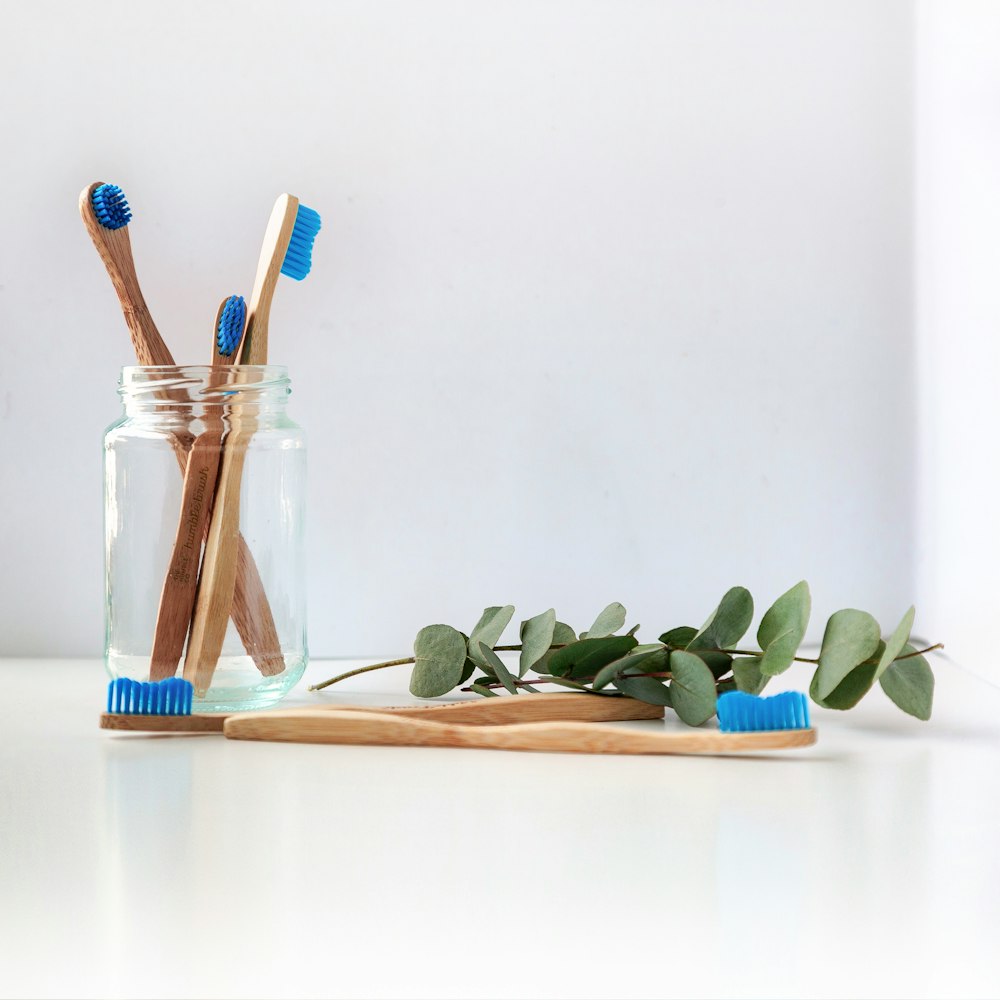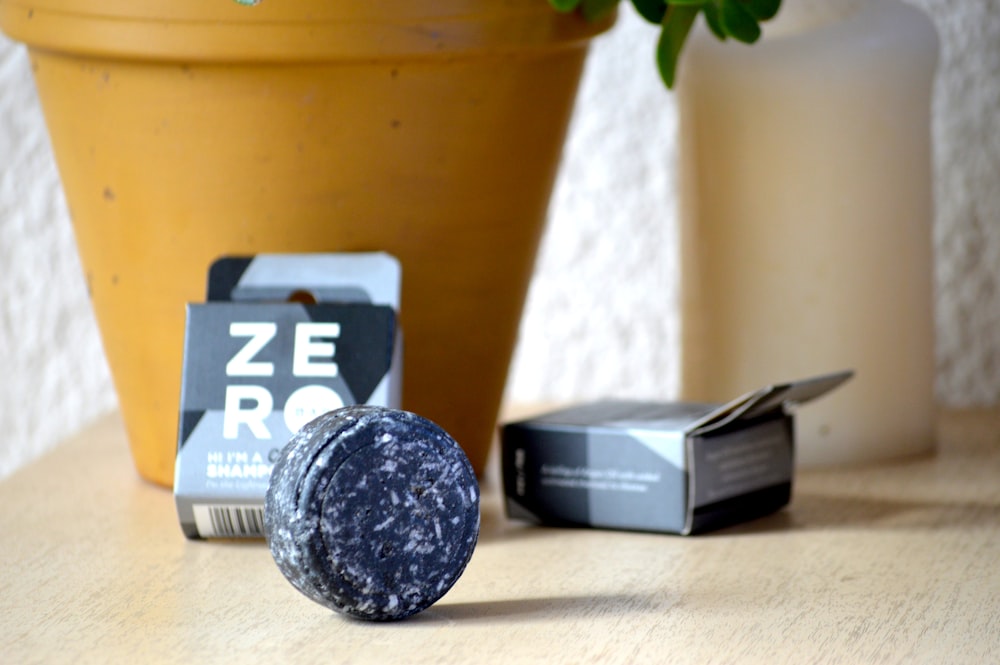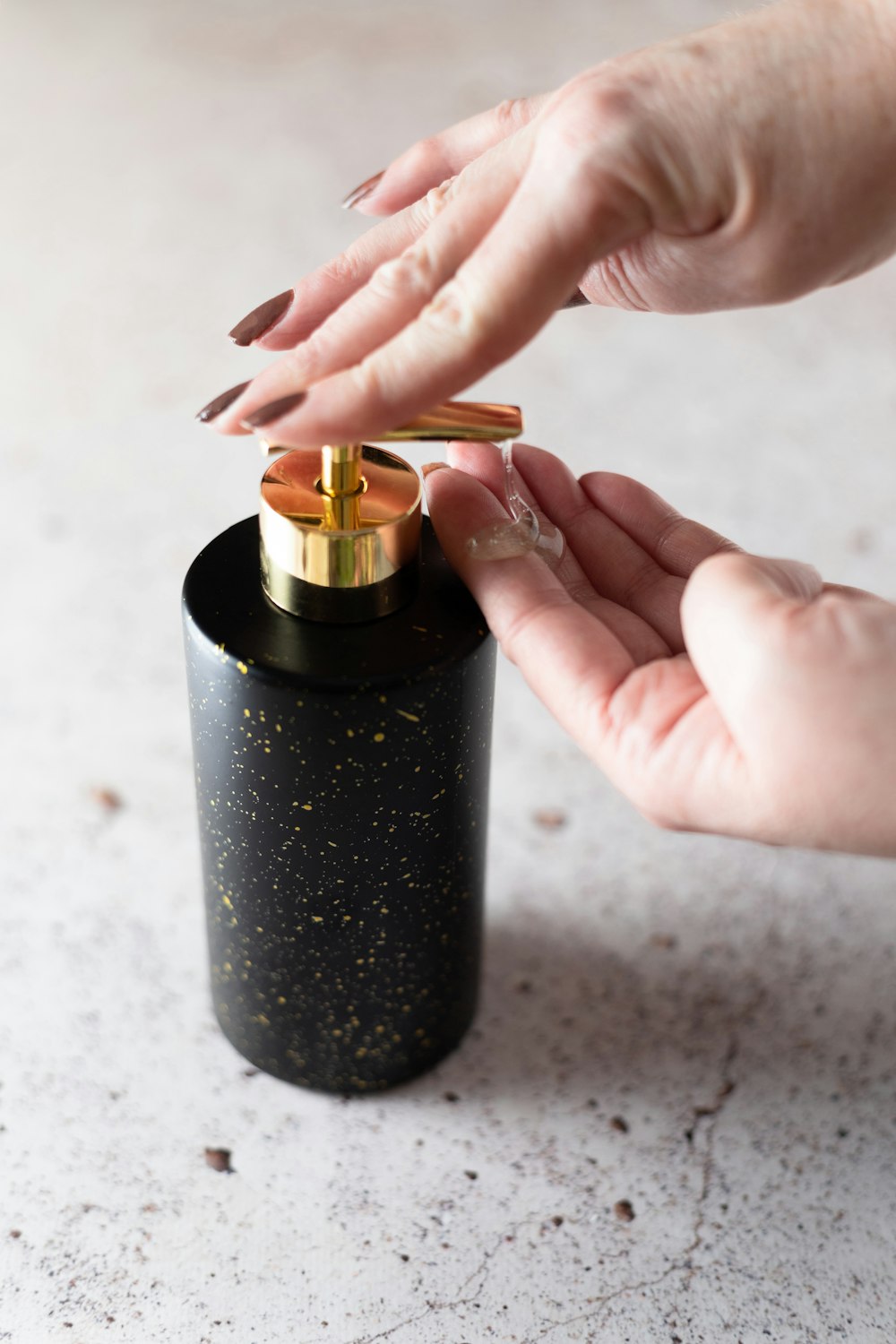
5 easy green swaps to start your sustainable journey
Published on May 11 , 2021
Author
Saloni Gole
Sustainable, zero waste lifestyle are buzzwords we come across often, without truly knowing what they mean or how to go about incorporating them in our lifestyles. A zero-waste lifestyle essentially implies that we, as individuals, generate as little waste as we can from the resources, we use daily. Yes, the movement doesn't need you to go ZERO waste literally. A zero-waste myth busted right there.
Moving on, how to generate less waste? By swapping the items we currently use with their more sustainable and less wasteful alternatives. The majority of the things that lead to the most waste consist of plastic in one form or the other due to the ease of availability and tremendously low production cost.
A whopping 25,940 tonnes of plastic waste is generated in India per day. As scary as this number sounds, it might still be an underestimation. Only 9% of all of this plastic is recycled. Most of these plastics are non-biodegradable leading to heaps of waste on the planet by the minute. Which are these items? And how big of a positive environmental impact can their swaps make? How expensive are they?
We answer all these questions for the six easiest green swaps you can make- which are not only impactful for the planet but also cost-effective!
- Plastic bags to cloth bags
- THE PROBLEM-
Plastic bags are undoubtedly the most significant contributor to plastic pollution due to –
- their rampant usage
- single-use nature
They are everywhere- your local vegetable vendor, supermarket, pharmacy, clothes store-every place you can think of!
An Indian consumes around 11 kg of plastic per year. Approximately 43% of this constitutes only the single-use plastic bags used for packaging. Only around 3% of these bags are recycled. These plastics don't decompose but instead, break up into tiny pieces- microplastics. Microplastics have been found nearly everywhere: in marine animals, farmland soil, and urban air, damaging all living beings.
- THE SWAP-
A cloth bag is a feasible, cost-effective and very effective swap for plastic bags' multitudes in usage.
Here's how:
A cloth bag is sturdier and more durable than a plastic bag. These are usually cotton, jute, and hemp bags made from renewable natural fibres, unlike propylene plastic bags made from limited fossil fuels. Cotton bags do cause a higher ecological footprint during production. Reusing it as many times as possible is the key to negate this impact.
One can use the same cloth bag for different chores around 20 times at the very least. Every time you go out to shop - you use this cloth bag and say NO to the plastic bag. You do this 20 times and refuse 20 plastic bags, which is as good an impact as an individual can bring about! And this is just the impact of a single cloth bag!
- COST COMPARISON- A plastic bag is usually priced at Re 1 in most local stores. A cloth bag is for around Rs 20.
One might give in to this Re 1 vs Rs 20 comparison and buy a plastic bag. But consider this- you use the plastic bag once, throw it away, come to the store again, buy another one, and the loop continues. If you buy the cloth bag once, you reuse it as many times as possible, the least being 20 times. By simple math, the cost of plastic bags 1*20 times is equal to that of a single cloth bag, along with the colossal environmental impact. Making cloth bags out of old clothes is very prevalent in Indian households, which is the most environmentally sound option to go for.
The next time you have to choose between a cloth bag and a plastic one, you know what to go for!
- Plastic bottles to Steel Bottles
- THE PROBLEM
Plastic bottles are the second most polluting plastics after plastic bags. More than a million plastic bottles are sold in the world EVERY MINUTE. Yes, you read that right. Moreover, bottled water requires 2000 times the energy and resources needed to produce tap water. The twist in the tale is that around 90% of these bottles are PET and hence recyclable. But only about 30% or even lesser are genuinely recycled. The others add to the heap of waste being churned into the oceans and seas every minute, causing irreparable harm to aquatic life.
- THE SWAP
Stainless steel bottles, aluminium cans, glass containers are all equally effective swaps for the plastic bottle, being reusable.

Stock up stainless-steel bottles in your house and workspace. Set up a good-quality water filter in your home to ensure the tap water is potable. Make sure to carry at least one reusable bottle every time you step out. This will ensure you never have to buy bottled water.
- COST COMPARISON
A plastic bottle costs around Rs 20-30 on average. A stainless-steel reusable one costs around Rs 150-300. The plastic bottle clearly can't be reused. A stainless-steel bottle instead can be reused multiple times due to being sturdy enough. Even if one reuses it around 8-10 times, the cost of those many plastic bottles is equalized.
- Plastic toothbrush to Bamboo toothbrush
- THE PROBLEM
"I like to ask people, what's the first thing you touch in the morning? It's probably your toothbrush. Do you want the first thing you touch every day to be plastic?" This very striking statement made by Kahi Pacarro, the founder of Sustainable Coastlines Hawaii, is sure to put us all in some thought. An average human will use and THROW away 300 toothbrushes in their life. Plastic toothbrushes are not recyclable as they have minute parts which can get stuck in the recycling machinery.
- THE SWAP
The swap here is a bamboo toothbrush instead of the usual plastic one. These have compostable handles, plastic-free bristles, biodegradable packaging, which implies that a bamboo toothbrush can be composted as quickly as ever!

Also, they are as effective, if not more, as a plastic toothbrush in cleaning your teeth thoroughly. I use one and can vouch for the same!
- COST COMPARISON
The majority of people who have heard of bamboo toothbrushes shy away from buying them, citing the cost factor. A lot of websites do have high prices, but that is due to the low demand rate. Some websites do have a reasonable price. Check out this website for fair pricing of bamboo toothbrushes:
- Usual soaps/shampoos to soap/shampoo bars
- THE PROBLEM
Soaps and shampoos that we use are packaged in plastics ranging from plastic wrappers to plastic bottles for shampoos. These plastics cannot be recycled due to different types of plastics in the components of packaging. These are items of daily use for pretty much everyone. One uses a shampoo bottle for about a month and then discards it, but that very bottle stays in the landfills for hundreds of years, polluting the environment in ways unimagined.
- THE SWAP
Soap and shampoo bars are worthy swaps here for a multitude of reasons. Firstly, they use no plastic packaging, which is the most significant advantage of using them.

Along with the environmental impact, their ingredients are all-natural, devoid of synthetic cleansers like sulphates known to strip the hair of its natural oils, leaving it dry and damaged.
Hence, the overall composition of these bars is non-toxic. These also last 2.4 times longer than a usual shampoo! Not only this, Soaps require five times more energy for raw material production. The benefits of soap and shampoo bars are aplenty!
- COST COMPARISON
Made out of natural ingredients, using eco-friendly packaging, suitable for both the planet and us- all of these factors might make one inclined to feel that soap and shampoo bars are costly. But here's the truth- they are not. Some brands, I agree, are overpriced, but check out Brown Living, simply kiraas and Qurez make a green swap right away!
- Plastic Soap dispenser to Steel Soap dispenser
- THE PROBLEM
The soap/handwash dispensers we usually use are made of plastic and cannot be recycled. Amid a pandemic, washing hands with soaps is an absolute necessity; hence one can see a terrifying exponential growth of these handwash dispensers in landfills.
- THE SWAP
This swap, unlike the others, doesn't totally eliminate plastic pollution but lessens it to a vast extent. Here's how:

You swap your plastic dispenser with a steel one. This implies you still have to buy a plastic-packaged refill of the handwash as the plastic dispensers usually come with the handwash, unlike the steel ones. But the impact is going to be lesser than buying a plastic dispenser every 20-25 days!
This isn't a prevalent swap; I didn't know of it around a year back. During the 2020 lockdown, while ordering everything in bulk, I realized this could be a potential swap and has it blown my mind ever since then!
- COST COMPARISON
The plastic handwash dispensers we usually buy are priced at Rs 100 for around 200 ml. These last for about a month. A steel handwash dispenser costs around Rs 200-500. These, on the other hand, last up to at least one year because of their sturdy design. The math is right in front of you. Make the swap already!
All of these green swaps are not only hugely benefitting for the environment but also you shall see that cost-effectiveness is a considerable factor favouring these swaps, and their affordability is not an issue! So what are you waiting for? Thiss Earth Day, make a green swap and be a conscious consumer!




